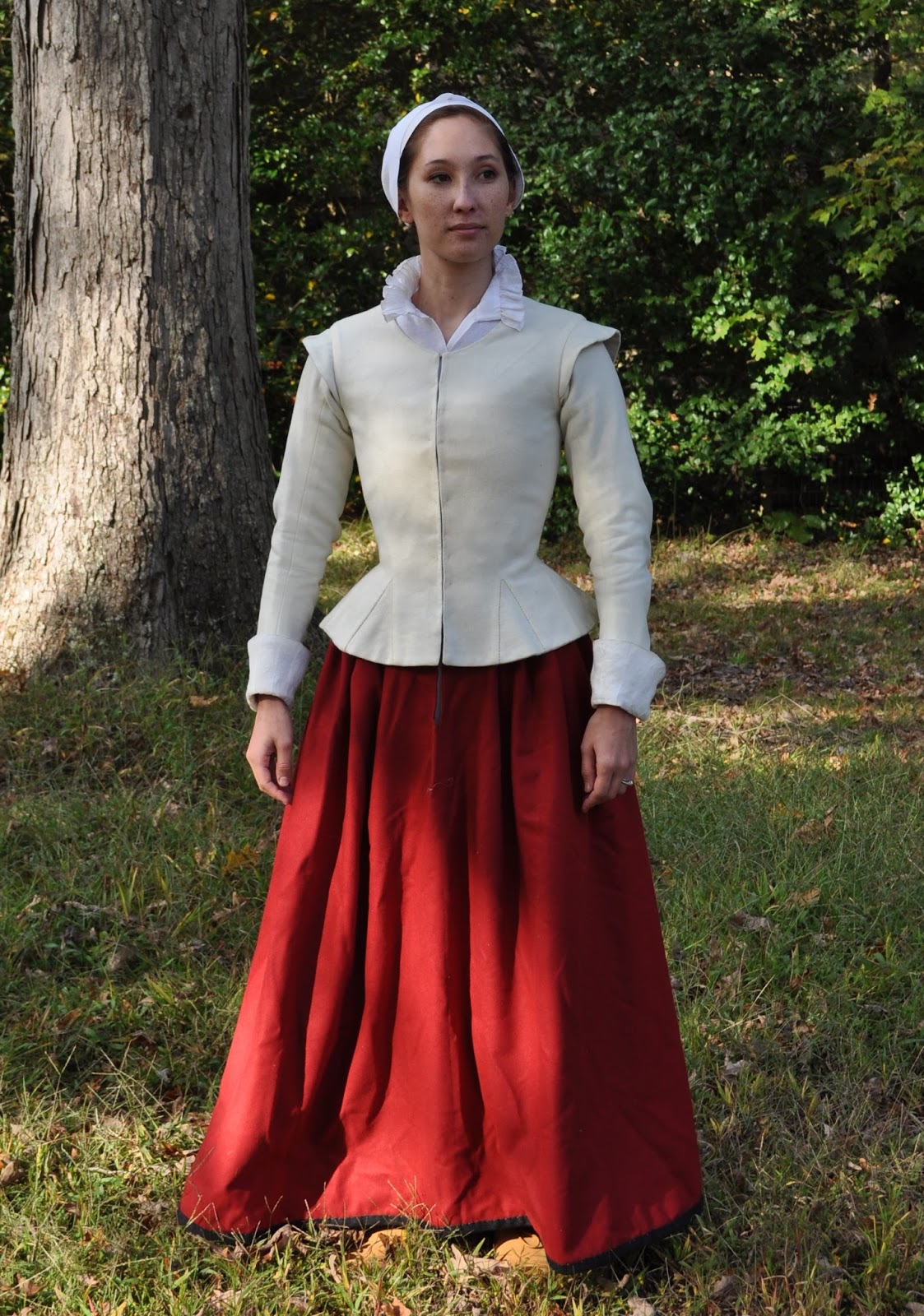Fontanges appear constantly in fashion prints of the day, but women sometimes chose not wear them in portraits, perhaps sensing that the trend would not. The 17th century saw a multitude of fashions and this post and the next one, will try to find a few key ones. Department of arms and armor, the metropolitan museum of art.
2018 Women's Professional Outfits
Nike Women's Sweats Outfit
Nerdy Cute Outfits 2019
Clothing in salem in 1600’s Fashion, 1690s fashion, Historical clothing
At the turn of the fifteenth to the sixteenth century, one of the most startling.
Waistlines rose through the period for both men and.
While the fashion of the first half of the 16 th century was dominated by men such as england’s henry viii, france’s francis i and the holy roman. Uneven, odd) describes a pearl of. And by the way, the fashionable women’s figure of the period is a little bit chubby body. At renaissancewardrobe.com, we have a wide variety of medieval and renaissance clothes, so you can find the perfect outfit for your next renfair.
T he 1640s witnessed a gradual simplification of dress for both men and women. Waistlines rose, but was eventually. These tall shoes originated in the near east, and probably. The breeches are long and fairly.

1), sister of king charles x of sweden, exemplifies these earlier styles in her 1653 portrait.
Women were creative with what they wore, and fashion indicated social status. In the 1660s, men’s and women’s fashion took on added extravagance. The front of the bodice is filled by a stiff stomacher, “which was richly decorated and embroidered, formed a bowed curve in front, highly fashionable from. The expenditures of aristocratic women on clothing were by this time about twice that of men, and the greatest women of louis xv’s court—including his most.
Corsets and linen underwear are still worn. Contrasting fabrics, slashes, embroidery, applied trims, and other. Silk brocades became fashionable for womenswear again and. “this ensemble demonstrates fashionable formal dress for men in the late 1630s and early 1640s.

Soft, lustrous satins were worn without a great deal of additional.
The embrace of cosmetics by women of the 1600s, despite deleterious effects, unveils a gendered culture of appearances that prized artifice over naturalism. Let's take a look at female attire in the first half of the 17th century. Indeed, as françois boucher notes in a history.







